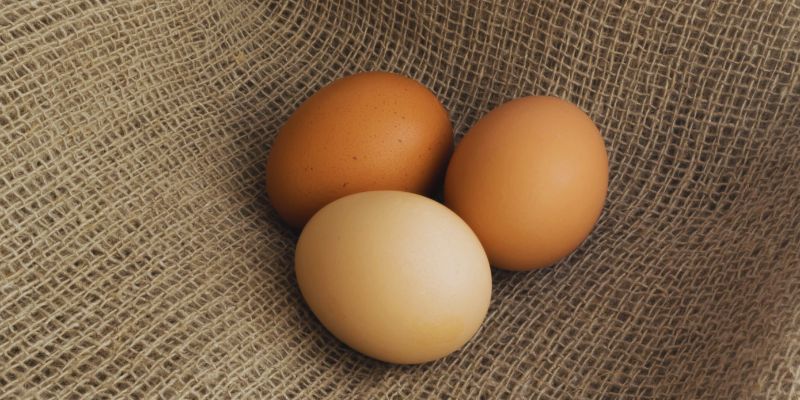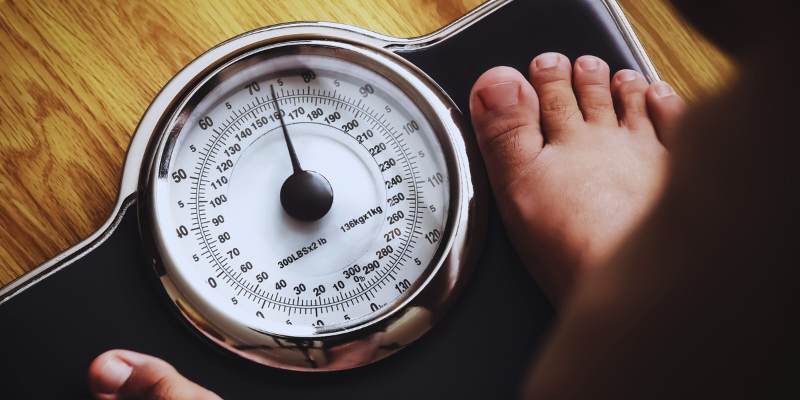Eggs are a popular breakfast food packed with protein and essential minerals. However, if you have high cholesterol, eating eggs may raise concerns. According to dietitians, you don't have to give them up entirely—making smart dietary choices can help you enjoy eggs while protecting your heart health. Understanding the different types of cholesterol and what causes elevated levels is important. Instead of eliminating eggs, focus on balanced eating habits.
Two key factors—how you cook your eggs and how much you eat—can make a significant difference. Many health professionals, especially cardiologists, recommend consuming eggs in moderation. For the best results, consult a dietitian to create a personalized plan based on your needs. With a few simple changes, eggs can remain a nutritious part of your diet. These tips are especially helpful for anyone seeking heart-healthy egg options or managing high cholesterol.

Avoid Fried Eggs and Use Healthier Cooking Methods
Frying eggs in butter or oil adds unnecessary saturated fat, which can increase unhealthy cholesterol levels. Boiling, poaching, or baking eggs are healthier alternatives to frying. These methods use little to no added fat, keeping your dinners light and heart-friendly. Scrambling eggs in a non-stick pan with olive oil adds heart-healthy fats that support cardiovascular health. Hard-boiled eggs are an excellent on-the-go snack.
Limit salt intake to keep meals heart-friendly. Microwaving eggs in a bowl of water is another simple and healthy method. Avoid fried egg dishes and eggs presented with processed meats. When you have high cholesterol, cooking techniques count. Selecting less involved preparations lowers risk. Since eggs are naturally healthy, they enable their natural goodness to show. Never forget that your heart is affected by how you prepare your meals. These suggestions help those seeking healthy egg-cooking ideas.
Limit the Yolk and Focus on Egg Whites
Egg yolks contain dietary cholesterol. One big yolk has over 186 milligrams of cholesterol. If your cholesterol is high, cut yolk intake. Eat more meals with egg whites. No fat or cholesterol exists in egg whites. They have little calories and lots of protein. Just the whites will allow you to create omelets or scrambles. Alternatively, balance dietitians with two egg whites for every entire egg.
Liquid egg whites are sold convenience-wise in many grocery stores. Cooked and poured easily, they are Eat less often if you still find yolks to taste delicious. Save them for unique cuisine. Emphasizing egg whites helps cut cholesterol intake. You still get protein-free of additional risk. It makes sense for heart health. Those seeking egg white choices for cholesterol will find this approach useful.
Add Vegetables and Whole Grains to Your Egg Meals
According to dietitians, combining eggs with grains and vegetables increases the nutritional value of your meal. Vegetables provide antioxidants, vitamins, and fiber. Whole grains like oats or whole-wheat bread are also heart-healthy. They reduce harmful cholesterol levels. Add vegetables like spinach, peppers, onions, or tomatoes to your eggs. Without additional fat, these bring flavor and color. Avoid processed meats like sausage or bacon. Rather, top quinoa with avocado slices or toss them alongside.
Fiber in vegetables and grains aids in better cholesterol control and extends fullness. For flavor, substitute herbs and spices for salt. A vegetable-packed egg scramble or breakfast bowl is both tasty and nutritious. Including quality components in your dish alters the effect of your food. It's not only what you eat; it's also how you eat it. These matching ideas help those seeking cholesterol-friendly egg meal ideas.
Watch Portion Sizes and Stick to Moderation
Even healthy foods can affect cholesterol levels if eaten in excess. While eggs are nutritious, portion control is essential. Most nutritionists recommend limiting egg consumption to no more than seven per week. This guideline includes whole eggs and dishes that use egg yolks separately. In sensitive people, too many eggs could still elevate cholesterol. Combine eggs with other proteins, such as fish or lentils. Serve on smaller plates to regulate quantities. Usually, enough for breakfast is one or two eggs. Don't pile several egg-based meals onto one day.
Maintaining balance is especially important when managing cholesterol. If you buy packaged egg products, read the nutrition labels carefully. Some could have extra sodium or fat. Improved long-term health follows from increased knowledge of portions. Even healthy foods overindulging in anything can undo your efforts. Keep within the limitations your doctor has advised. Following egg portion guidelines for cholesterol will help you keep good levels while enjoying your preferred cuisine.

Consult a Dietitian for Personalized Advice
Dietary cholesterol affects everyone's body differently. What works for one person may not work for another. A qualified dietician can evaluate your complete medical picture. They will walk you through the number of eggs you should consider safe. They may also recommend plant-based alternatives or egg substitutes. Some people can live with higher cholesterol without running into danger. Some would require more stringent restrictions. Dietitians weigh your lab results, family history, and way of living.
Customized recommendations ensure that you are choosing to save your heart. They could also assist you in looking at meal plans and recipes. It's about finding what works, not only about limits. A decent diet calls for variety and balance. Consulting a professional eliminates uncertainty and increases confidence. Those wishing for expert cholesterol diet support might consider booking a session. Customized strategies produce benefits that last and improve heart health outcomes.
Conclusion:
Still, a heart-healthy diet can include eggs. Pay particular attention to your cooking and portioning techniques. Use egg whites more often and avoid fried preparations. For well-balanced meals, include complete grains and vegetables. See a dietician and always be aware of your intake. Everybody has various needs; thus, acquire guidance for your health. Smart dietary choices can lower risks and improve cholesterol levels. These ideas will help you not give up eggs. Those looking for safe methods to eat eggs and egg cholesterol control advice can savor meals with assurance.












